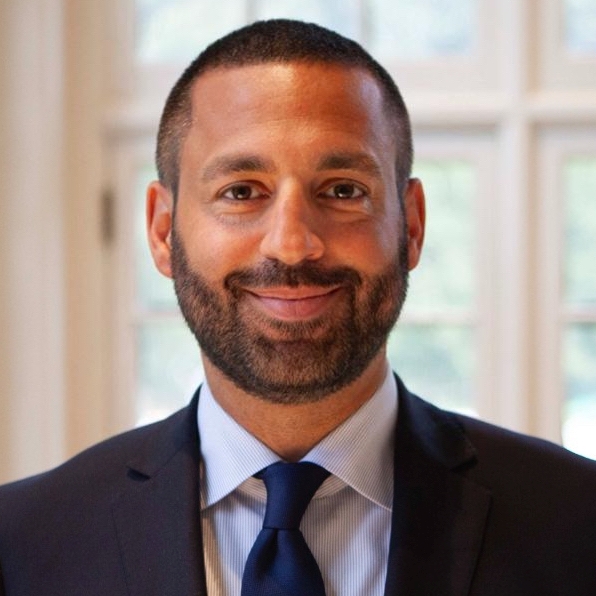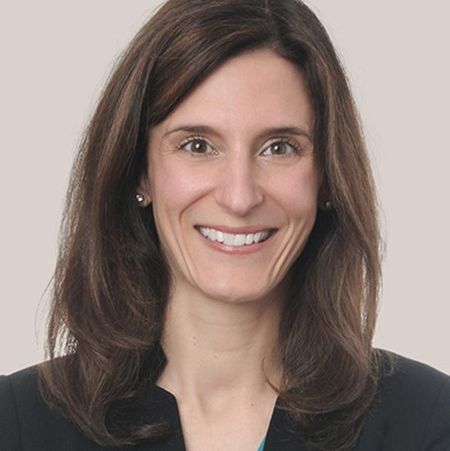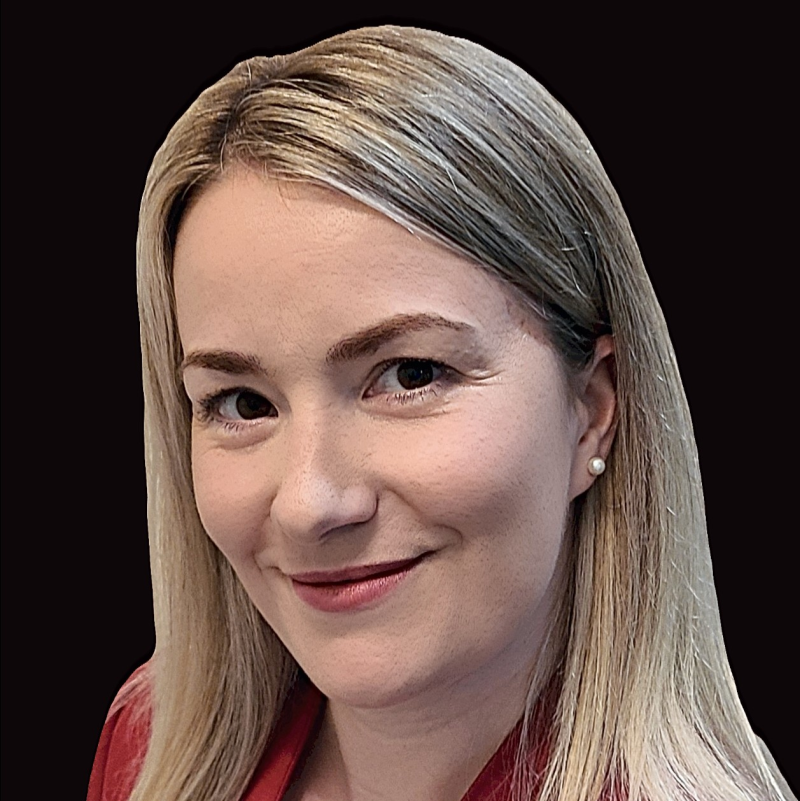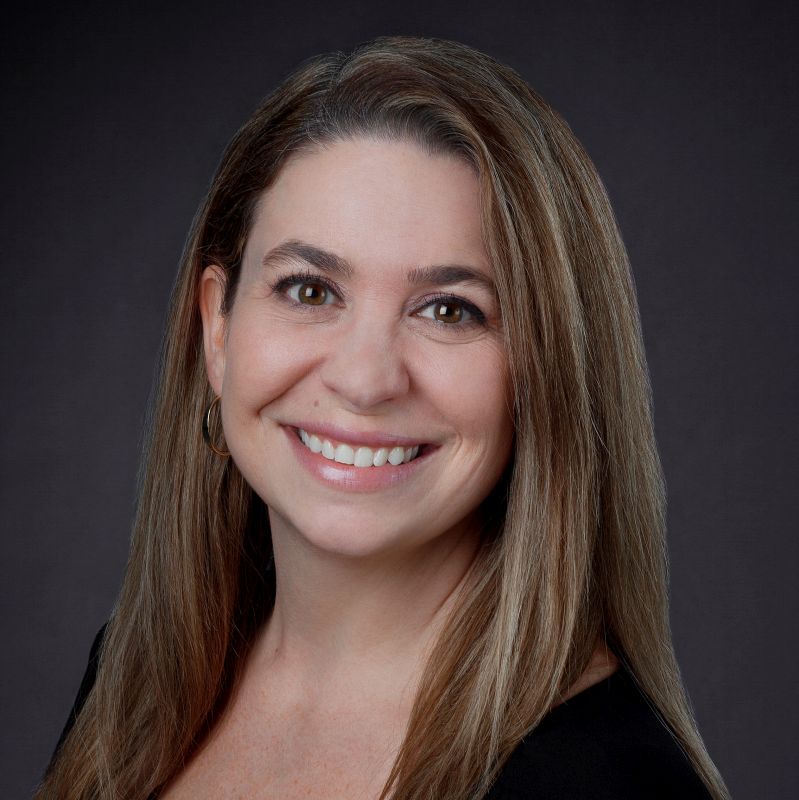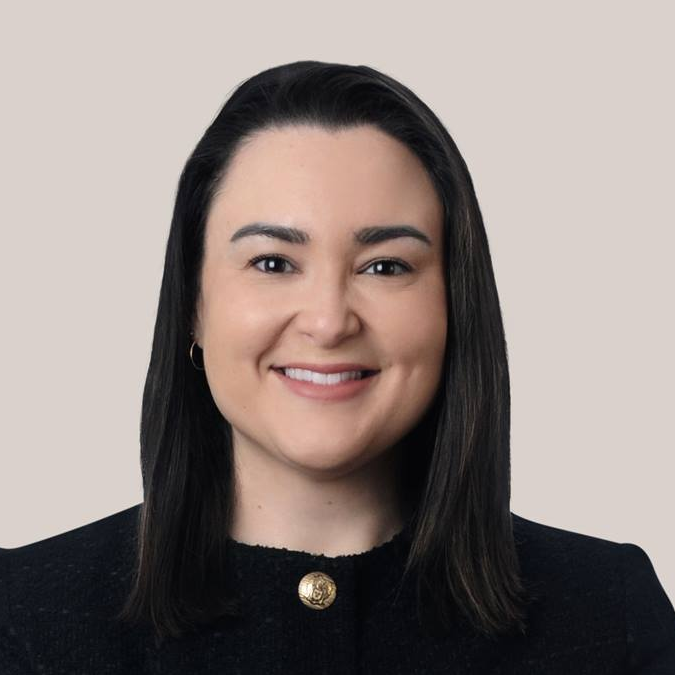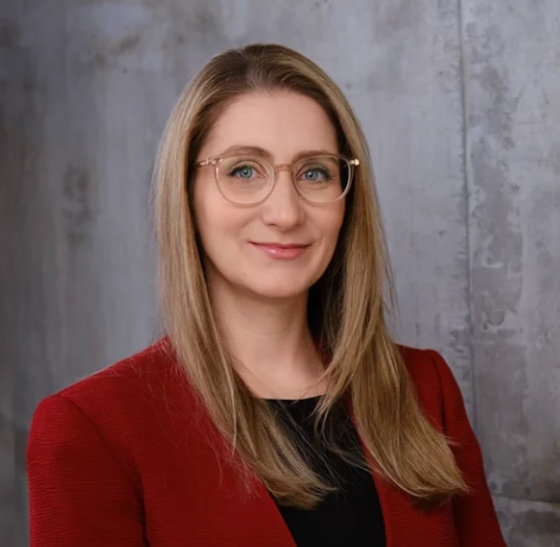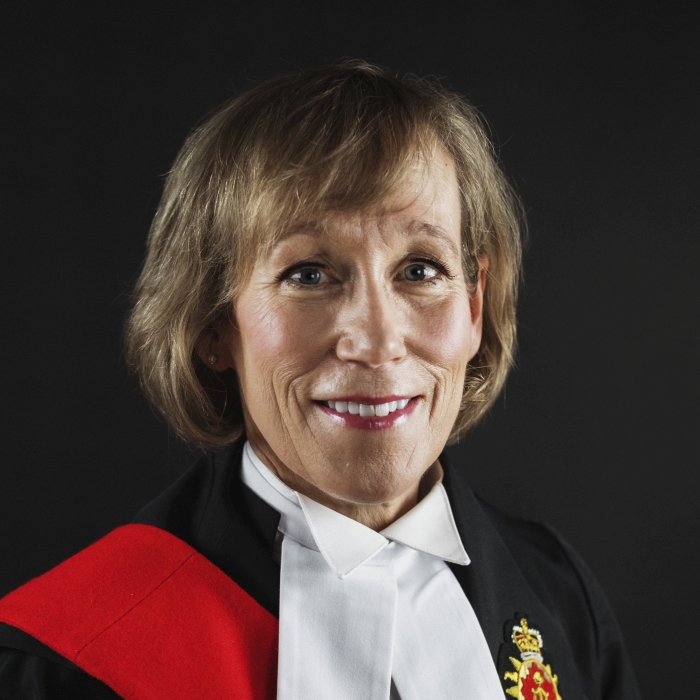Overview
The Ottawa Labour Law Conference is an annual event that serves as a vital forum for professionals, academics, and policymakers in the field of labor law. This conference gathers together experts and practitioners from across Canada and beyond to engage in meaningful discussions, share insights, and explore the latest developments in labor law and employment relations. With a focus on fostering dialogue and collaboration, the conference provides a platform for attendees to gain a deeper understanding of the ever-evolving legal landscape that shapes labor relations and worker rights. It plays a pivotal role in shaping the future of labor law in Canada by facilitating the exchange of knowledge, best practices, and innovative ideas among those dedicated to advancing workers’ rights and the broader field of labor law.
Conference Co-Chairs
Conference Advisory Committee
Wednesday, October 16, 2024
Workshop
*Workshop sold separately from stand-alone conference.
Roger Beaudry
Arbitrator/Mediator and Dispute Prevention/Resolution Consultant
Aptus Conflict Solutions
Allegations of bullying or harassment, breaches of respectful workplace policies, or other inappropriate behaviour often result in a formal investigation, culminating in a report with findings and recommendations. However, the investigation (and the imposition of discipline where misconduct is found to have occurred) may be only the first step in addressing conflicts that have emerged between co-workers. Indeed, the investigation process itself may have the unintended result of further fracturing the workplace, by pitting one group of employees against another, or employees against supervisors. In this workshop, experienced facilitators will share their expertise with participants in order to provide them with the knowledge and skills needed to restore productive relationships after the investigation, and to ensure that genuine closure is achieved.
- What are the most effective approaches to communicating with employees about the investigation while it is ongoing and after it has been completed? How can the employer assure employees that the investigation process is fair and objective, and that it properly balances the rights and expectations of different groups within the workplace?
- Who is entitled to be apprised of allegations? And of statements by other parties to the investigation?
- Who is entitled to be advised of the conclusions in an investigation report? When might it be advisable to disclose the report’s findings with others in the workplace?
- What role does solicitor-client privilege play in the investigation process? Litigation privilege? Common law rules relating to confidentiality?
- Is it beneficial to hold a post-investigation meeting with the affected employees, or the staff as a whole, to discuss the outcome and to explain what changes will be implemented going forward?
- In what circumstances should the employer consider hiring a professional mediator to deal with ongoing conflicts? When is one-on-one counselling appropriate?
- When does legislation require that a neutral investigator be appointed? When should this be done, regardless of legislative requirements?
- Does an apology by the offending parties play a useful role in defusing lingering tensions? What if an employee who behaved inappropriately is unremorseful and unwilling to accept responsibility?
- When should consideration be given to reassigning an employee (or employees) to a different work area?
- After an investigation, what steps should be taken to reinforce expectations regarding applicable policies and acceptable behaviour at work?
Thursday, October 17, 2024
Opening Remarks: 9:00 a.m. – 9:05 a.m.
In this session, expert panelists will examine recent significant developments in federal and provincial labour law. Panelists will address the latest cases on topics such as:
- Discrimination, harassment, and accommodation;
- Freedom of association;
- Workplace investigations;
- Discipline;
- Privacy; and
- Remote work.
The panel will also examine recent legislative and other initiatives, such as:
- Federal legislation to ban the use of strike replacement workers;
- The report of the Employment Equity Act Review Task Force and related changes to the Act;
- Requiring companies to report the use of forced labour and child labour in the international supply chains; and
- The Ontario government’s Working for Workers legislative series.
Final selection of topics will take place in the weeks leading up to the conference, ensuring coverage of the latest and most newsworthy developments.
Break: 10:35 a.m. – 10:50 a.m.
Given the lack of Canadian arbitration decisions on the use of artificial intelligence (AI) to recruit and manage employees, this session will provide employers and unions with the best available insight into how grievances against such uses of AI would be mounted, defended, and decided. Experienced management and union counsel will join an arbitrator to discuss a hypothetical union challenge to algorithmic management and to a program designed to vet job candidates.
Specific issues to be addressed include:
- What principles in existing federal or provincial arbitral jurisprudence or legislative provisions could be invoked to challenge an employer’s use of algorithmic management (i.e. use of AI and data to manage employees)?
- Can employers rely on management rights to justify the use of AI to evaluate employee performance and manage employees?
- What arguments for and against the use of algorithmic management would arbitrators likely find most compelling?
- What legal concerns are raised when an employer uses AI to assess candidates’ suitability for positions?
- What privacy concerns are raised by using AI to evaluate job applicants based on their internet activity?
Networking Lunch: 12:05 p.m. – 1:05 p.m.
Arbitration, once heralded for its efficiency, is grappling with hurdles that may erode confidence in the process. Parties and practitioners have raised concerns regarding judicialization, timeliness, and arbitrator selection. In this panel, experts will address the following:
- Is there a shortage of neutrals? If so, what is the effect on the arbitration process? On scheduling? On confidence in the process? How can the shortage of arbitrators, if it exists, be remedied?
- What common bottlenecks do parties encounter in the arbitral process? How can labour practitioners eliminate unnecessary delays? Does the growing legalism of arbitration undermine its unique advantages, or is it necessary to ensure procedural protections for parties?
- What options exist outside of the conventional arbitration process? .g. Med-arb, arb-med? Final offer selection? In what circumstances should parties consider these alternatives?
- Can parties reduce arbitration timelines by participating in a virtual or hybrid format? Is there room to automate arbitration processes?
- What criteria should parties consider when selecting an arbitrator?
- What factors should labour ministries take into account in appointing arbitrators? If expertise and acceptability to the labour relations community are relevant factors, how should they be measured? How can the Labour ministry’s appointment process be made more transparent? More accountable in terms of ensuring the fair and equitable assignment of cases?
Break: 2:20 p.m. – 2:35 p.m.
Larissa Volinets Schieven
Counsel
Treasury Board Secretariat Legal Services
Department of Justice Canada
In many instances conduct or comments will clearly meet the definition of harassment. However, in other cases, debate may arise as to whether the alleged harasser knew or ought reasonably to have known that their behaviour was unwelcome, offensive, or harmful. In this session, panelists will highlight the degree to which reasonable minds may disagree about whether comments or conduct constitute harassment, probe the reasons behind such disagreement, and address issues such as:
- Should a complainant’s subjective feelings of humiliation or offence be determinative of whether certain conduct constitutes harassment? If not, why not?
- What role do a complainant’s personal characteristics – gender and race, for example – play in determining whether certain conduct should reasonably be seen to be offensive? How might a decision-maker’s unconscious bias interfere in the analysis of whether conduct could reasonably be seen to be unwelcome?
- Does workplace culture play any role in determining whether conduct or comments amount to harassment?
- Is the analysis of whether conduct constitutes harassment affected by a friendship or previous romantic relationship between the complainant and respondent? What about power imbalances or lack thereof?
- How is the reasonableness of management’s response assessed by arbitrators?
Closing remarks: 3:50 p.m. – 4:00 p.m.
Friday, October 18, 2024
Opening Remarks: 9:00 a.m. – 9:05 a.m.
David Yazbeck
Director, National Labour Relations
Professional Institute of the Public Service of Canada (PIPSC)
How can employers balance freedom of expression under the Charter with the need to maintain a productive and respectful workplace? In this session, panelists will address:
- Do employees have the right to express their views on potentially controversial and/or political matters at work?
- What criteria should employers and unions consider when determining whether an employee’s speech or actions pose a legitimate concern to the organization’s reputation or operations? What actions should employers or unions take when employees’ expressions border on being disrespectful or offensive, but are not overtly harmful?
- Can employers or unions set policies governing conduct for off work or social media expression? If so, what are best practices for ensuring these policies respect individual freedoms and the reputation and operations of the workplace?
- Can employers monitor employee expressions outside the workplace or on social media? Can employers discipline employees for such expressions?
- What is the extent of a union’s duty to represent members who face work-related consequences for potentially polarizing beliefs or actions? When will a union’s decision not to represent a member constitute a breach of the duty of fair representation?
- How can employers and unions effectively communicate expectations regarding employee expression, appropriate workplace conduct, and appropriate off-work conduct?
Break: 10:35 a.m. – 10:50 a.m.
Ensuring genuine inclusion of transgender and gender-diverse individuals in the workplace contributes to providing a healthy, safe, and equitable work environment. In this session, expert panelists will examine ways in which employers, unions, and employees can collaborate to create an inclusive workplace for all, including through collective agreement language, policies, and other working arrangements. Final topics will be selected in consultation with panelists in the weeks preceding the conference.
Networking Lunch: 12:20 p.m. – 1:20 p.m.
Break: 2:05 p.m. – 2:20 p.m.
Non-disclosure agreements (NDAs) are contractual agreements designed to maintain confidentiality among involved parties. While NDAs are frequently used in workplace settlements, there is increasing apprehension about the potential of NDAs to silence victims of discrimination and harassment while shielding employers from reputational damage and other liabilities. In this session, a panel of experts will address the following:
- What legislative/regulatory changes have been adopted respecting the use of NDAs in workplace disputes?
- How are NDAs currently being used in workplace disputes?
- What information can be covered by an NDA?
- What are the negative ramifications of using NDAs in workplace disputes? What are the potential benefits? How might NDAs impact the victims of harassment and/or violence?
- What circumstances may render an NDA unenforceable?
- What happens if an employee, former employee, or the employer violates an NDA? How have courts and/or arbitrators treated breaches of NDAs?
Closing remarks: 3:50 p.m. – 4:00 p.m.
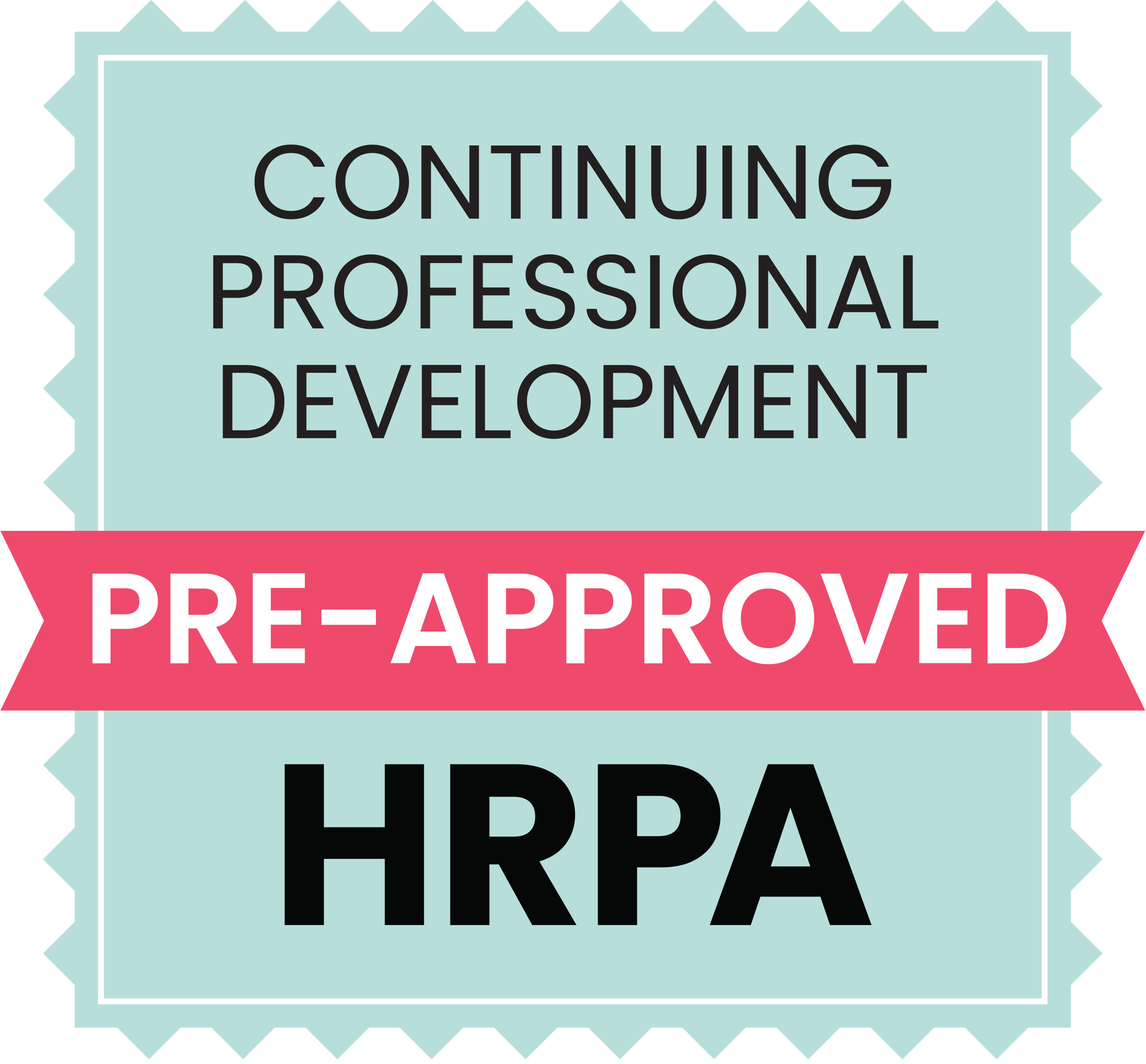
This program has been approved for Continuing Professional Development 5.5 hours under Category A of the Continuing Professional Development (CPD) Log of the Human Resource Professionals Association (HRPA).
- CPD for Members of the Law Society of Ontario: 5.5 Substantive Hours; 0 Professionalism Hours.

This program has been approved for 10.5 Continuing Professional Development (CPD) hours under Section A of the Continuing Professional Development (CPD) Log of the Human Resource Professionals Association (HRPA).
- Members of the Law Society of Ontario may consider counting this program for 10.5 substantive hours; 0 professionalism hours.



